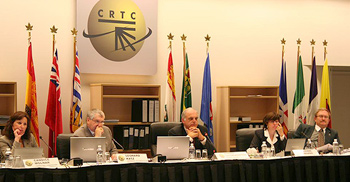November 24, 2010
Canadian wireless phone system sucks (relatively speaking)

There’s an interstesting story about the Canadian cell phone business in the November (2010) issue of The Globe and Mail’s Report on Business. The focus of the article is on Egyptian billionaire entrepreneur Naguib Sawiris and his upstart wireless company called Wind Mobile.
The revelations about the Canadian wireless industry are intriguing, to say the least. None of this information is secret or hidden or particularly newsworthy. But it is good to repeat these little nuggests every now and then:
- Canada is the only country in the world besides China that doesn’t allow foreign direct investment in the telecom sector. The big winners, presumably are the Big Three telcos – Bell, Rogers and Telus. The big losers are the industry as a whole because of lack of innovation, and the Canadian consumer because of relatively poor service, product levels and high prices.
- The mobile phone penetration rate in Canada is 70%, just above that of Pakistan, and well below the U.S. (95%), Russia (150%) and Italy (150%). You have to believe this is because of poor service and lack of competition (see point 1). And regulation of course, which one has to assume is focused on protecting the core landline business of the Big Three.
- Each of the Big Three have a discount brand intentionally meant to compete with upstarts like Wind Mobile, and other potential players who want to enter the market. Rogers discount brand is Chatr/Fido, Telus is Koodo, and Bell is Solo/Virgin. If this isn’t market manipulation and preferential treatment by the CRTC it is hard to see what is.
- In 2008 the federal government auctioned off additional spectrum to allow for a broader range of wireless services. They expected to raise $1B and instead got $4.26B. This indicates how much our glorious leaders and regulators (CRTC) undervalue the business, how eager new players are to get into the game, and how much the current players are prepared to pay to keep them out.


